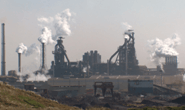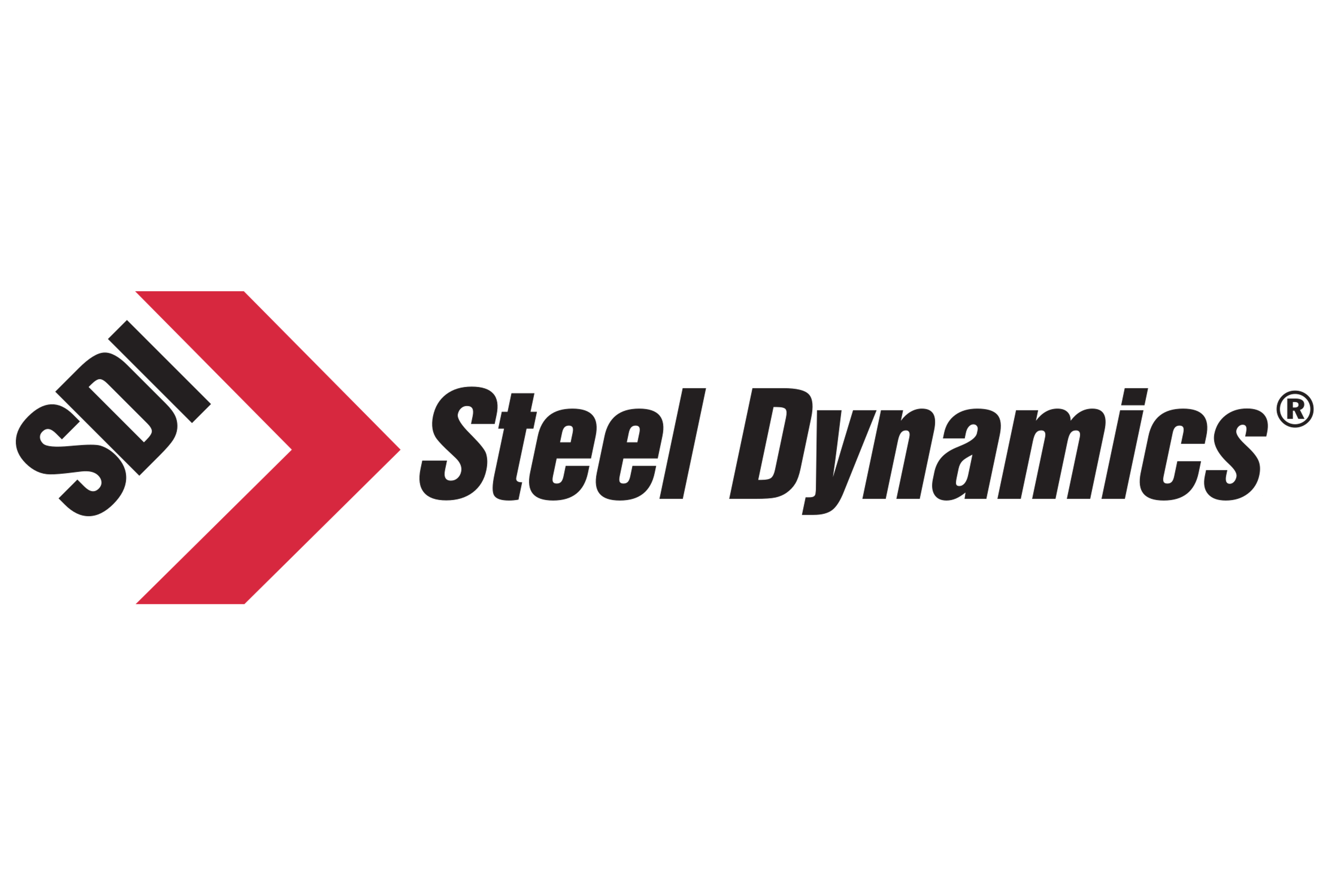Uncategorized
November 28, 2025
Retraction
Written by Michael Cowden
Please note that SMU has removed the article titled: Alleged transshipment of Chinese steel plate raises red flags in Houston

Uncategorized
November 28, 2025
Written by Michael Cowden
Please note that SMU has removed the article titled: Alleged transshipment of Chinese steel plate raises red flags in Houston


Recent winter storms have impeded barge transportation along multiple Midwestern waterways, according to various transportation services. Likewise, U.S. Steel said it was facing challenging shipping conditions but does not expect customers to be impacted.

The US Environmental Protection Agency (EPA) has proposed reversing the Biden-era “Good Neighbor Plan,” which mandated federal limits on certain industrial emissions.

Steel Dynamics Inc. reported higher Q4 profits despite lower contract prices for flat-rolled steel and more outages than usual in the quarter.

Though they’re hopeful, domestic sheet market sources didn’t share a bullish outlook on the market this week.

Participants in the domestic steel plate market said they are maintaining strong order books, experiencing longer lead times, and finding mills are less open to negotiating prices.